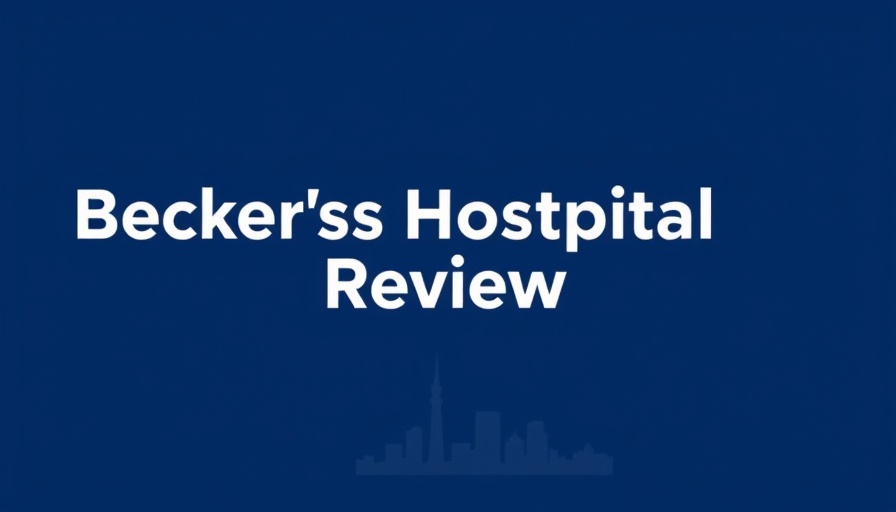
J&J Catheter Case: A Landmark Decision in Healthcare Antitrust
In a significant ruling for the medical device industry, a U.S. District Court judge has tripled damages to $442 million against Johnson & Johnson's medical device unit, Biosense Webster. This decision highlights potential breaches in antitrust laws, specifically regarding the access to reprocessed catheters that hospitals utilized, as the court affirmed a previous jury verdict that found the company guilty of constricting support access in favor of its newer products.
Understanding the Antitrust Violations
The jury had previously assessed a $147 million penalty against J&J, emerging from its practices that violated the Sherman Antitrust Act and California’s Cartwright Act. These laws are designed to promote fair competition, ensuring that hospitals have the freedom to choose their suppliers without undue interference. In this case, J&J was found to have monopolized a portion of the market by withholding clinical support to hospitals that opted for Innovative Health's reprocessed electrophysiology catheters, instead favoring their own offerings.
A Seismic Shift in Medical Device Regulations
Daniel Vukelich, the CEO of the Association of Medical Device Reprocessors, called this outcome a “seismic result.” He noted that such judgments might pave the way for a more competitive and equitable landscape in healthcare, allowing hospitals greater choice and lowering costs. With healthcare providers increasingly facing pressures from rising costs, such court decisions can significantly influence access and affordability, making high-quality medical devices available at lower prices through reprocessing.
Implications for Physicians and Healthcare Providers
The ruling is not just a legal landmark; it carries significant implications for independent physicians, physician assistants, and healthcare providers. Understanding the dynamics of medical device procurement can empower these practitioners to advocate for better choices in their facilities. With rising emphasis on patient engagement tools and efficiency in medical office workflows, ensuring access to a variety of medical devices can help improve care quality while optimizing practice revenue.
What Does This Mean for Future Healthcare Trends?
As the healthcare landscape evolves with an increasing focus on automation and remote therapeutic monitoring, the legal ramifications of the J&J case could lead to more stringent scrutiny of practices that restrict competition. Practices involving Medicare-backed services and employee health benefits may need to adapt to the changing regulatory atmosphere. This case isn't just about monetary penalties; it's about setting a precedent that could redefine how medical devices are marketed and sold in the coming years.
Lessons Learned for Independent Practices
The implications of this verdict extend beyond the courtroom. Independent pharmacies and practices may benefit from reviewing their own vendor relationships and ensuring they are compliant with antitrust laws. More so, fostering relationships with device reprocessors could unlock savings and improve patient outcomes. By embracing practices that optimize operational efficiency, they can navigate the complexities of medical billing recovery and insurance underpayments, ensuring they remain viable in a competitive landscape.
Call To Action: Stay Informed
As the ramifications of this case continue to unfold, it is crucial for independent healthcare providers to stay informed. Engaging with professional associations and utilizing available resources can facilitate compliance and lead to smart decision-making within practices. By enhancing your knowledge of the evolving regulations and market dynamics, you position your practice for sustainable growth and improve your ability to serve patients effectively.
 Add Row
Add Row  Add
Add 




 Add Row
Add Row  Add
Add 

Write A Comment